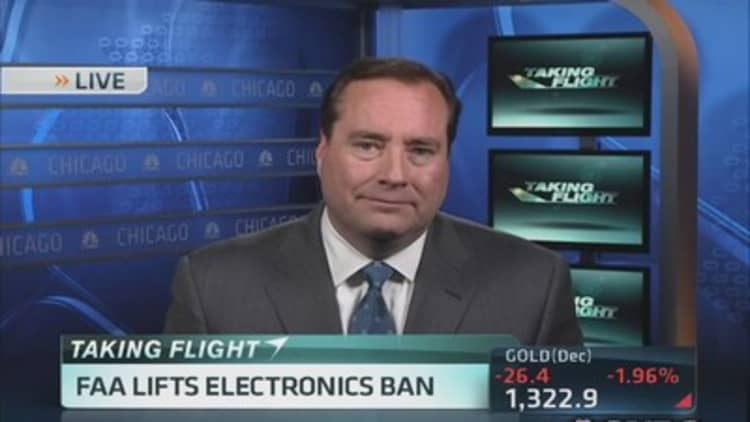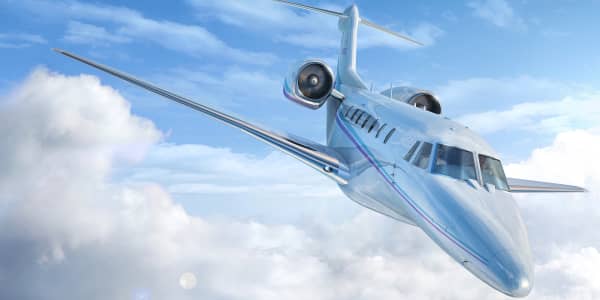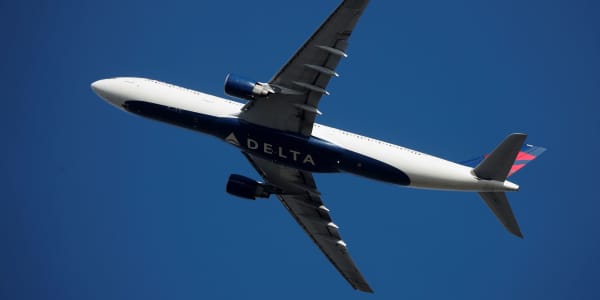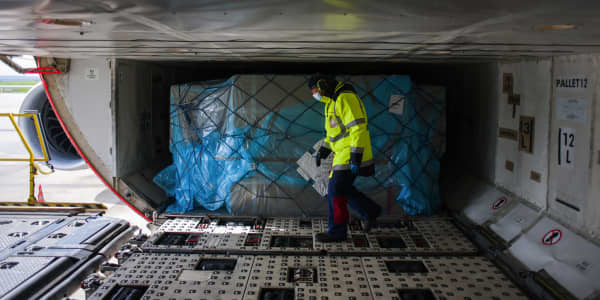Passengers flying over the European Union (EU) will be able to use the internet and check their emails from their cellphones, according to new rules adopted by lawmakers on Thursday, in a flurry of regulation that could pave the way for mobile calls to be made mid-air.
The European Commission, the EU's executive arm, gave the green light for 3G and 4G services to be used on aircrafts flying over the EU at an altitude above 3,000 meters.
The move comes a day after European Aviation Safety Agency, following the lead of U.S. aviation regulators, announced its intention to publish rules that could allow passengers to use personal devices such as laptops, providing they are on "airplane mode".
But rather than heralding a new era of mobile communications, most analysts said it was very unlikely that airlines and mobile telecoms companies will immediately want to pay out for the new technology.
Ian Fogg, head of mobile analysis at IHS Electronics and Media, said that many planes already offer Wi-Fi and may be reluctant to install the new technology needed to support 3G and 4G.
(Read more: FAA to allow tablets, e-readers during all phases of flight)

"For a consumer Wi-Fi is already used by a number of airlines. Wi-Fi is perfectly good enough for internet access. The real benefit of the latest rules is around the use of text messages, voice calling and voice mail which need the cellular network in place," Fogg told CNBC.
"But because the internet and internet communication services like email, are so ubiquitous on modern smartphones, Wi-Fi can deliver much of the benefit without requiring the cellular part."
The Commission's proposals would work using so-called mobile communications on-board aircraft (MCA) technology. The signal is received by an antenna on board the aircraft and sent to the ground network via a satellite connection.
MCA is a growing industry, with data traffic increasing by over 300 percent between 2011 and 2012, according to the Commission.
(Read more: What future airline boarding might look like)
But the potential cost of fitting new technology will make this an unattractive investment for many airlines and mobile operators who can provide this service, Andrew Hogley, telecoms analyst at Espirito Santo, told CNBC.
"Some people want to check their email but most people, given the potential high cost of the service, won't be inclined to pay. It is not something we have seen as a material revenue driver, and nothing that telecoms companies have spoken about as being a revenue opportunity," he said.
In 2008, the Commission allowed 2G services to be used on planes. It predicts that around 200 aircrafts with destinations in the EU are suitably equipped to comply with the 2008 rules.
—By CNBC's Arjun Kharpal: Follow him on Twitter @ArjunKharpal





